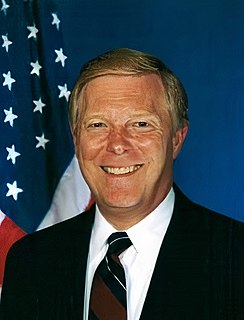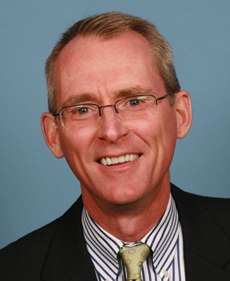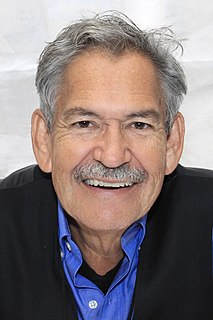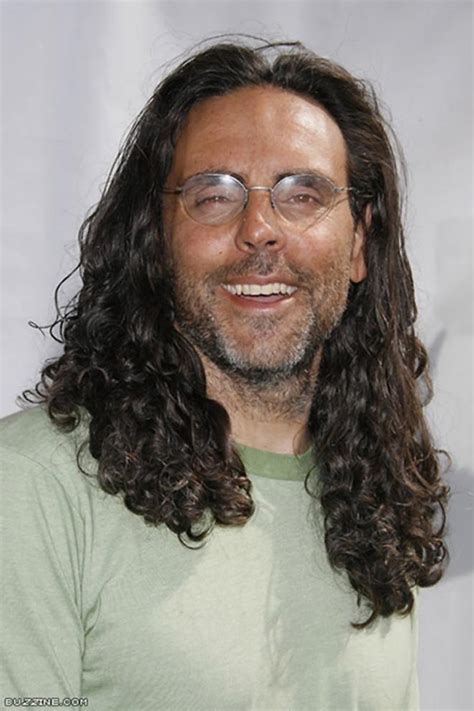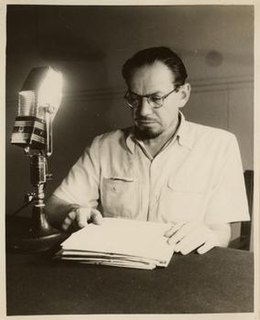A Quote by Jacob Rees-Mogg
The Catholic Church's teachings are authoritative. There is a moral absolute on abortion - that it is wrong.
Quote Topics
Related Quotes
I have no question that the Roman Catholic Church teaches that abortion in virtually all circumstances is wrong. I think the church's position at all times in modern history has been that it is unequivocally opposed to abortion.But that's not the question for a Catholic who is a public official. I happen to subscribe to the church's position as a person. Still the question, as Governor Mario Cuomo suggested, is: what is your obligation as a civic leader? I agree entirely with John F. Kennedy. I answer only to my conscience in my public life and that's that.
I have no respect for the right-to-life position. But when you legislate personal belief, you're in violation of freedom of religion. The Catholic Church may espouse its opinion on abortion to the members of its congregation. But they are in violation of separation of church and state when they try to proselytize their abortion politics on people who are not Catholics.
There's a lot of Republicans who may have in the past been critical of fellow Catholics who they call 'cafeteria Catholics' who don't follow the church's teachings - say, on abortion. But now, are they going to become 'cafeteria Catholics' themselves and not follow the church's teachings on climate change?
I was nurtured in the church; I went to a Catholic school; I was an altar boy; I went to a Catholic university; I was steeped in the moral tradition of the Catholic Church. My Catholicism plays a very strong role. But I thought President John F.Kennedy answered rather well when he said that ultimately my conduct as a public official does not come ex cathedra from Rome; it comes from my conscience.
I understand perfectly well why the Catholic Church preaches against abortion. But it shouldn't be the purpose of the Catholic Church to prevent non-Catholics from having abortions if they feel that abortions are morally acceptable. They can certainly only argue for what they believe to be right in the court of public opinion and try to persuade people.
I'm an ex-Catholic priest. I have such a complex relationship to Catholicism. On the one hand, if I called myself a Catholic it would have to be a very unorthodox one, as I just don't believe all of the teachings of the Church. But on the other hand, I'm an educated man because the Catholic Church educated me. It gave me something that is really important to me. So I always think about my faith. I always have it, and sometimes I can't talk about it, and sometimes I can. I am like an adolescent in that way. Teens are asking questions: who is God and what does it mean to have faith?
If there is no absolute moral standard, then one cannot say in a final sense that anything is right or wrong. By absolute we mean that which always applies, that which provides a final or ultimate standard. There must be an absolute if there are to be morals, and there must be an absolute if there are to be real values. If there is no absolute beyond man's ideas, then there is no final appeal to judge between individuals and groups whose moral judgments conflict. We are merely left with conflicting opinions.
Growing up in New Orleans, my mom and dad were churchgoers. I would go to church with them. Also, I was going to a Catholic school so I had a fascination with the Catholic Church mainly because, in my mind, (their services) didn't take as long. I was bouncing in between my mom's Baptist church, which was called Second Zion Baptist, and going to a Catholic Church.
For, according to the teachings of Islam, moral knowledge automatically forces moral responsibility upon man. A mere Platonic discernment between Right and Wrong, without the urge to promote Right and to destroy Wrong, is a gross immorality in itself, for morality lives and dies with the human endeavour to establish its victory upon earth.


